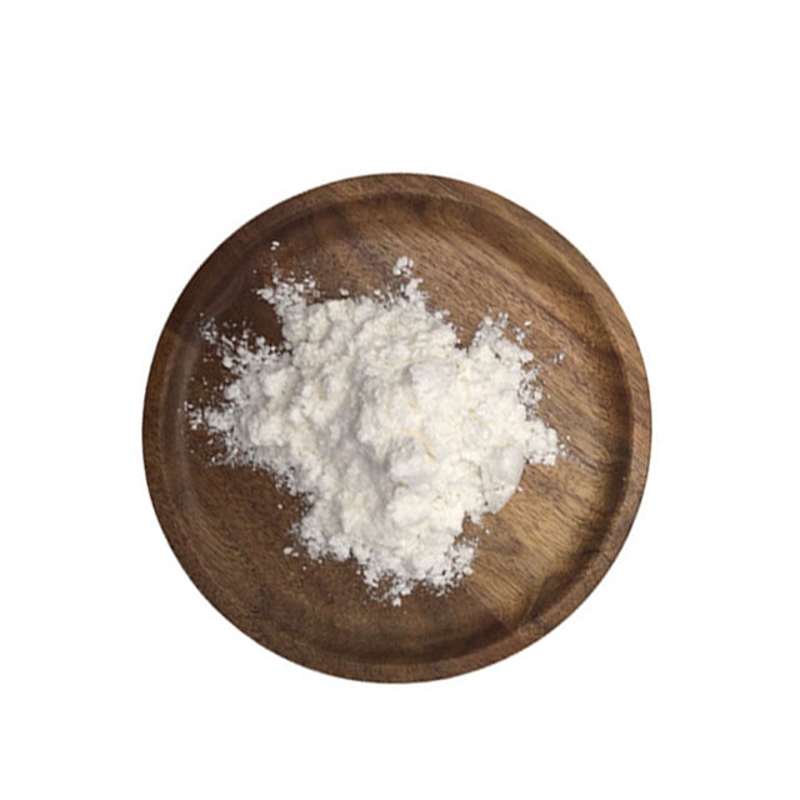-
Categories
-
Pharmaceutical Intermediates
-
Active Pharmaceutical Ingredients
-
Food Additives
- Industrial Coatings
- Agrochemicals
- Dyes and Pigments
- Surfactant
- Flavors and Fragrances
- Chemical Reagents
- Catalyst and Auxiliary
- Natural Products
- Inorganic Chemistry
-
Organic Chemistry
-
Biochemical Engineering
- Analytical Chemistry
- Cosmetic Ingredient
-
Pharmaceutical Intermediates
Promotion
ECHEMI Mall
Wholesale
Weekly Price
Exhibition
News
-
Trade Service
Inflammatory bowel disease (IBD) mainly includes Crohn's disease (CD), ulcerative colitis (UC).
About 8% of patients are diagnosed in childhood or adolescence
.
We know that pediatric IBD (PIBD) exhibits a more severe disease phenotype, characterized by extensive bowel involvement and rapid
disease progression in the early stages.
The incidence of PIBD has risen rapidly over the past two decades, with Scotland having the highest rates of PIBD in the UK and one of
the highest rates globally.
Therefore, reliable epidemiological data on medical therapies for IBD are essential
for planning current and future healthcare delivery in pediatric and adult IBD services.
Infliximab (IFX) is an anti-tumor necrosis factor α (anti-TNFα) biologic agent that has been used in
PIBD since the late 90s of the 20th century.
It revolutionizes the clinical management
of PIBD by demonstrating that early intensive therapy improves long-term disease outcomes.
Anti-TNFα biosimilars have also been developed to help overcome significant cost pressures
.
In general, PIBD treatment guidelines have become more tolerant
of the use of early and broader biologics over time.
As a result, the use of biologics in PIBD is changing rapidly, and this study aimed to determine the incidence and prevalence of biologics use in PIBD in Scotland and to describe in more detail the demographics and outcomes
of those patients who started vidolizumab (VDZ) or ustekazumab (UST).
The researchers collected a nationwide group of patients diagnosed with PIBD in childhood between January 1, 2015 and June 30, 2019 (A1 phenotype, diagnosed < 17 years of age).
All patients were treated
with infliximab, adalimumab, vedolizumab or uscumab during the study period.
The results of the study showed that the prevalence of PIBD increased from 554 to 644 cases per year in Scotland
.
A total of 495 newly initiated biological therapies were started in 403 patients with PIBD in this study: 295 infliximab (60%), 161 adalimumab (32%), 24 vedolizumab (5%), and 15 uscuzumab (3%)
.
With a decrease in the initiation rate of infliximab (87% to 54%), the proportion of newly initiated biologics changes, while adalimumab (13% to 31%), vedolizumab (0%-9%), and ustekumab (0% to 6%) all increase
.
During the study period, the incidence increased from 6.
9% to 8.
1%, and the prevalence increased from 20.
2% to 43.
5%.
Biosimilar penetration of newly initiated anti-TNFα drugs increased from 3% to 91%.
The demographics and results of patients receiving vedolizumab and ustekazumab were similar
.
This study confirms that the use of biologics in children with IBD is increasing year by year, the field of PIBD biologics is changing rapidly, and children will inevitably receive biologics treatment
.
Original source:
Christopher J.
Burgess.
et al.
The inexorable increase of biologic exposure in paediatric inflammatory bowel disease: a Scottish, population-based, longitudinal study.
Alimentary Pharmacology & Therapeutics.
2022.







